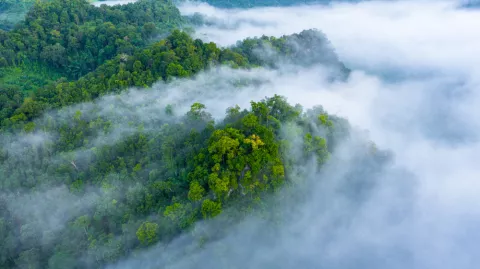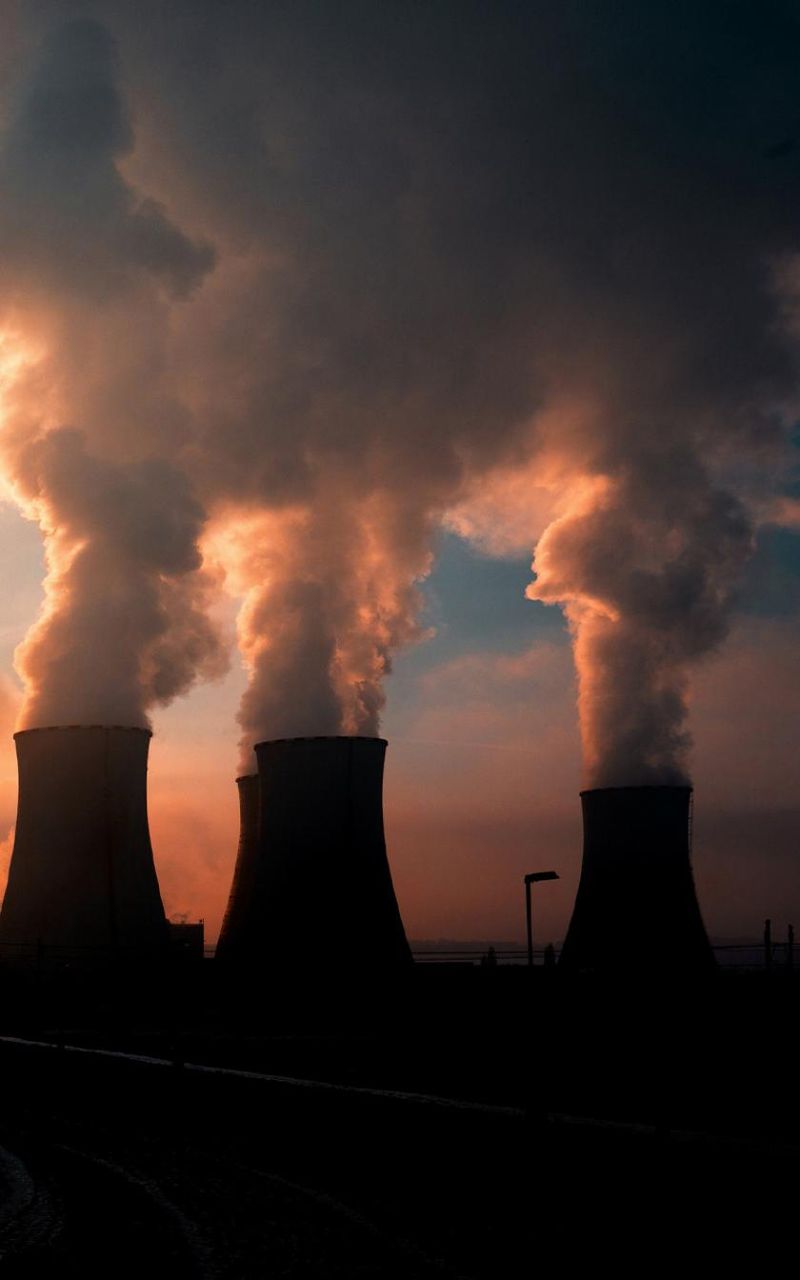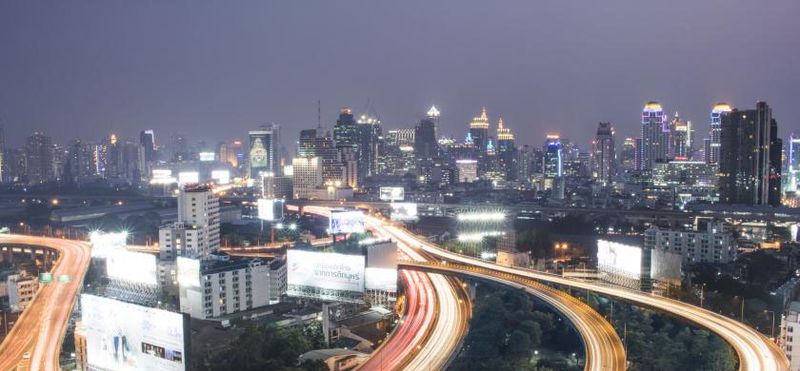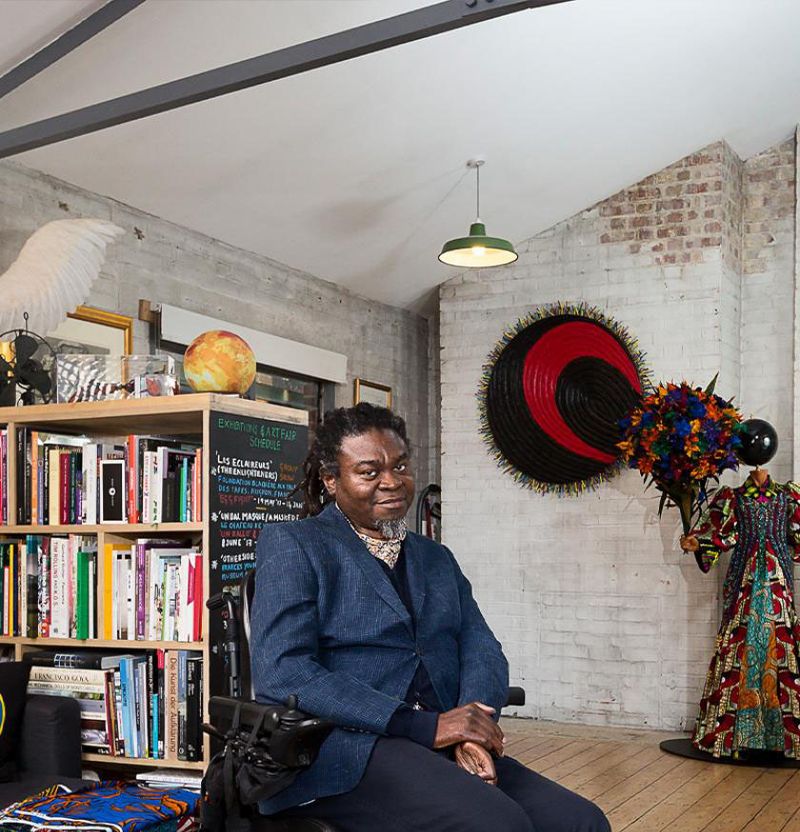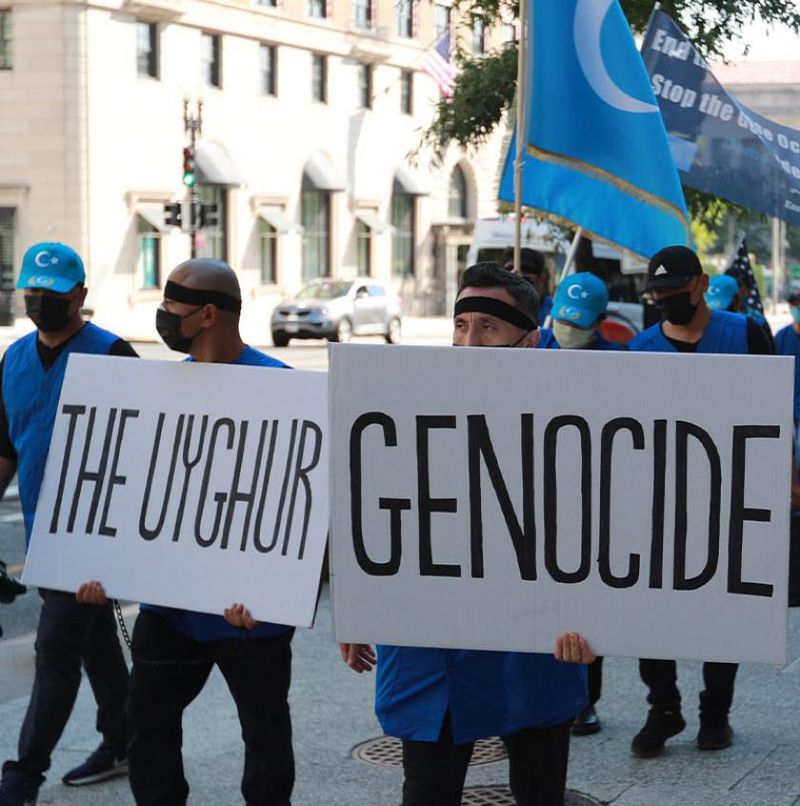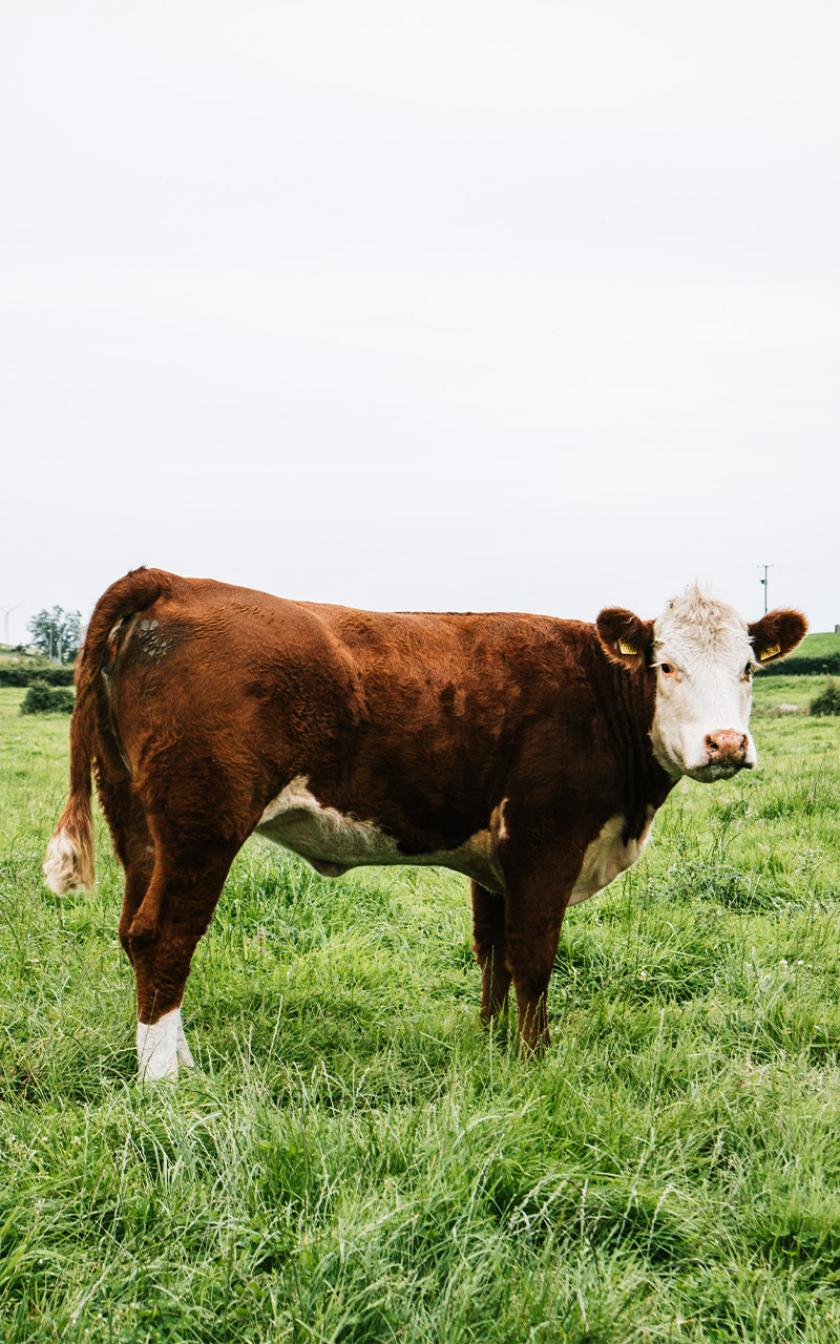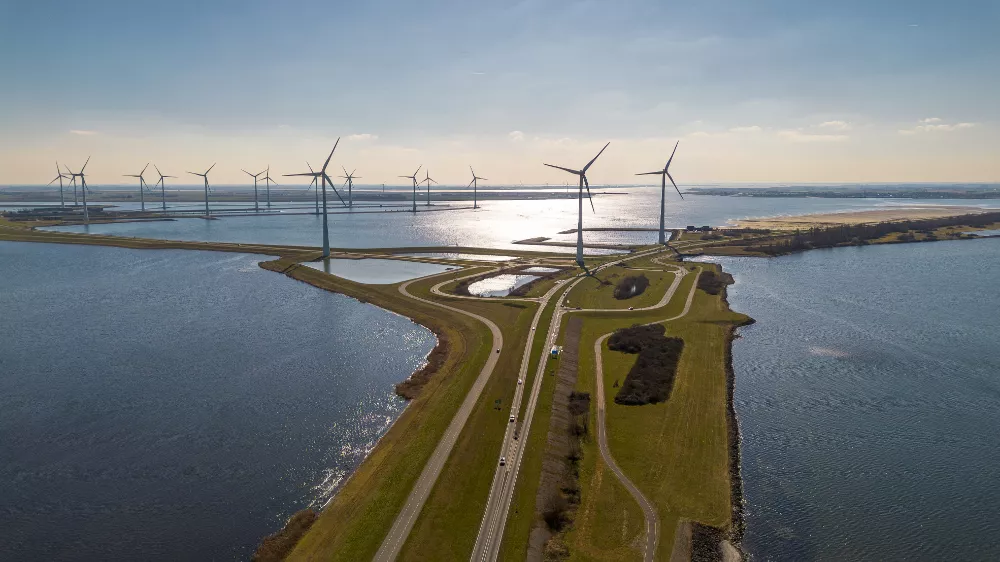

COP30 is already being framed as a landmark moment: the first COP in the Amazon in the city of Belém, a platform for Indigenous leadership, a chance to rebalance power toward the Global South. But on the ground, and behind the headlines, the story is much more complex.
At 89up, our approach is to cut through the noise. So we brought together leading voices from Brazil and the global policy space to a roundtable session (Chatham House Rule) to explore: How should civil society show up in Belém? What’s really at stake? And how do we campaign strategically in a deeply fragmented and often contradictory moment for climate action?
Here’s what we heard.
Brazil, the ‘imperfect green superpower’
Brazil is positioning itself as a global climate leader at the same time as backing oil exploration in the Amazon and pushing legislative rollbacks on environmental protections.
COP30 is being framed as a landmark summit – the first held in the Amazon, a chance to centre Indigenous leadership, and a moment to rebalance power toward the Global South. But the political and narrative terrain is complex.
Tension plays out in policy spaces as well as in the very places and communities that COP30 is supposed to serve.
"There’s a risk that, without care, narratives around COP flatten this complexity - and end up casting Brazil as either saviour or villain. However, the truth is much more layered. Civil society and the funder community must be ready to hold nuance and challenge binary framings."
The local disconnect
While international eyes are on Belém, many communities in the host state of Pará are being left out of the process. Exclusion, whether due to cost, logistics, or politics, is creating a parallel reality: one where local and Indigenous groups are organising their own spaces and initiatives, outside the official programme.
Infrastructure upgrades linked to the summit are seen by many residents less as climate action and more as gentrification. For those living in Belém, a city facing deep inequalities, and with expectations it could become the world’s second hottest city by 2050, the summit risks feeling like something being done to them, not for or with them.
A new geopolitical context
Unlike COPs past, the global backdrop today is one of fragmentation. International cooperation can no longer be assumed. Governments are pulled in multiple directions by conflict, austerity, shifting alliances, and domestic pressure.
This is not going to be like Paris or Glasgow - it's a different kind of COP where political space is more fragile and public narratives more contested. Organisations pushing for climate action need to adapt: success may depend less on landing a single big win, and more on building coalitions, showing implementation progress, and staying nimble in message and approach.
What comes next
COP30 is a moment of high stakes and noisyness. But it also presents a window of opportunity for those ready to challenge default framings, centre grounded perspectives, and tell stories that resonate beyond the summit.
This post is the first in a series from 89up ahead of COP30. In the coming weeks, we’ll explore key narrative battlegrounds from local perspectives and domestic politics, transition minerals, to climate finance and geopolitical tensions, and offer our insights for communicators navigating this difficult to navigate landscape.
Brazil as an ‘imperfect green superpower’

Authors
Related news
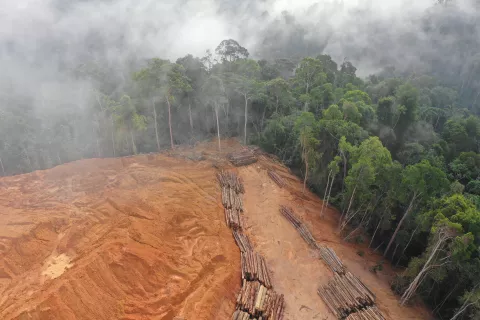
COP30 domestic challenges: Can Lula hold the line - and what happens if he can’t? [Sam Cowie & Daleth Oliveira]
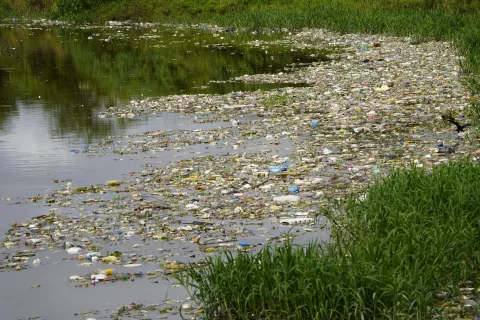
COP30 climate finance: From promises to power plays [Sneha Yadav]
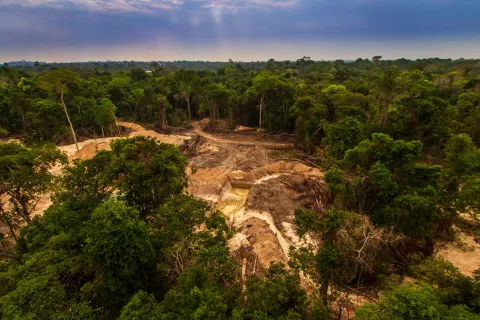
COP30 must put justice at the centre of the minerals transition [New op-ed]
